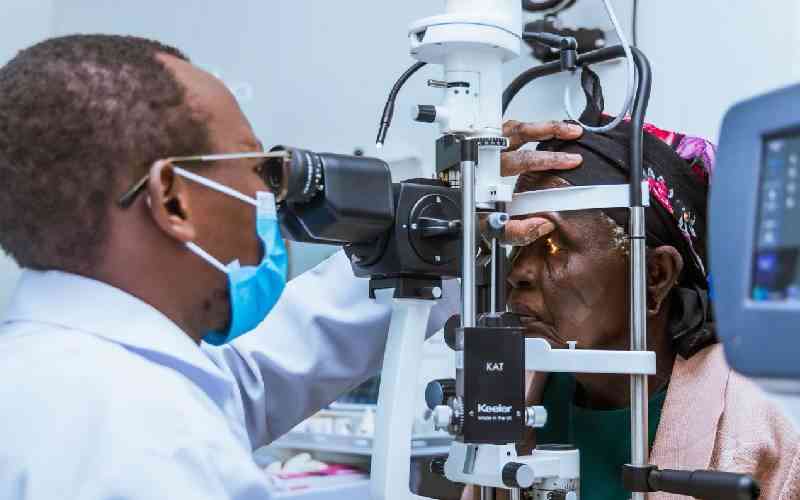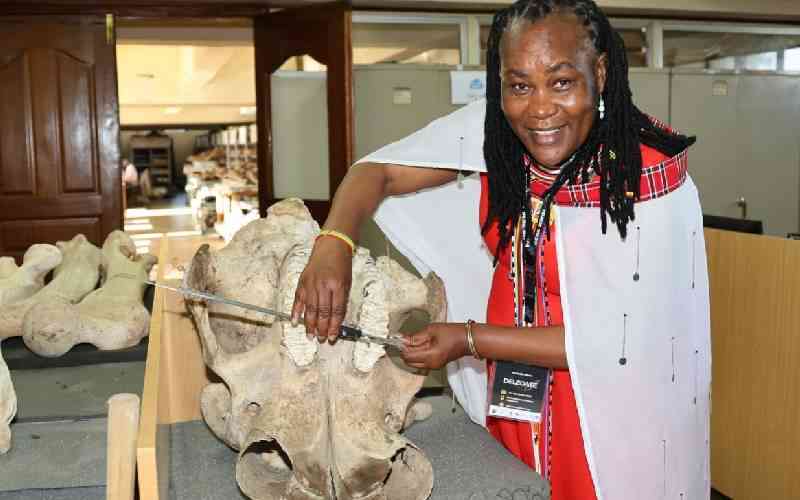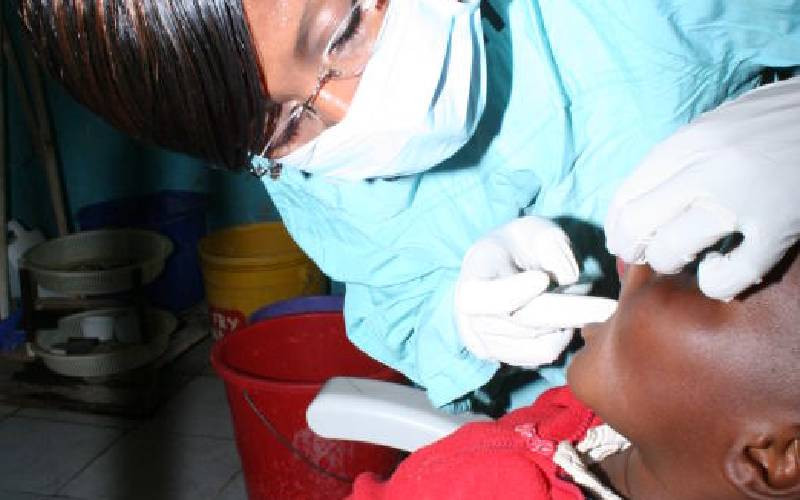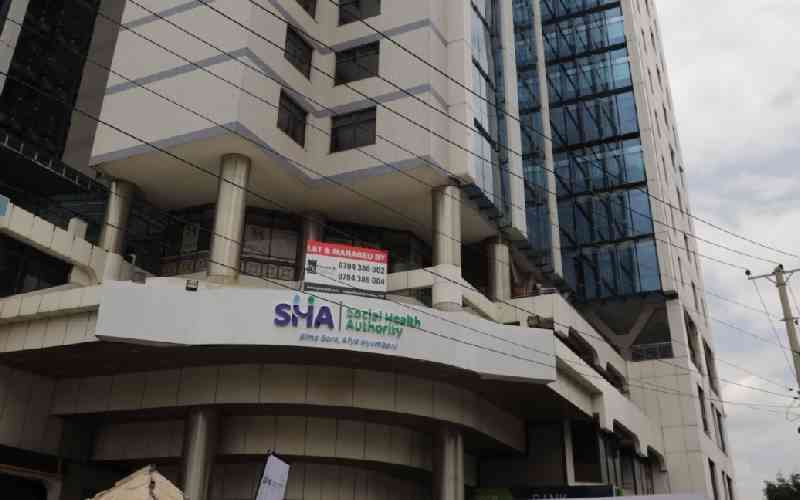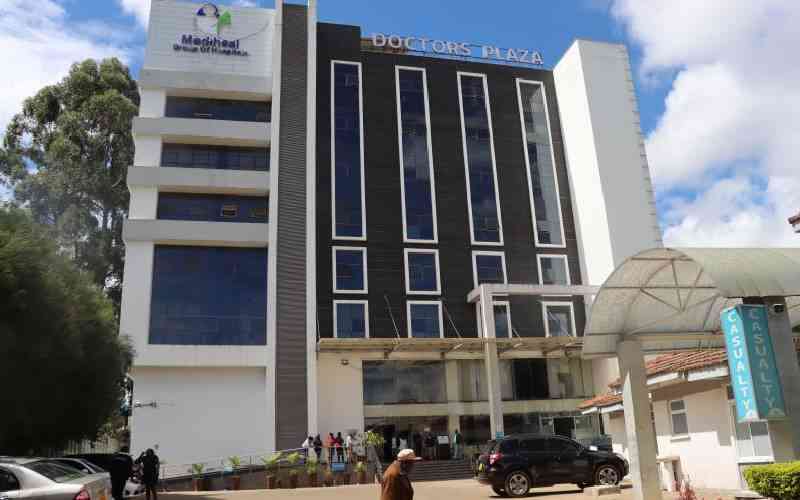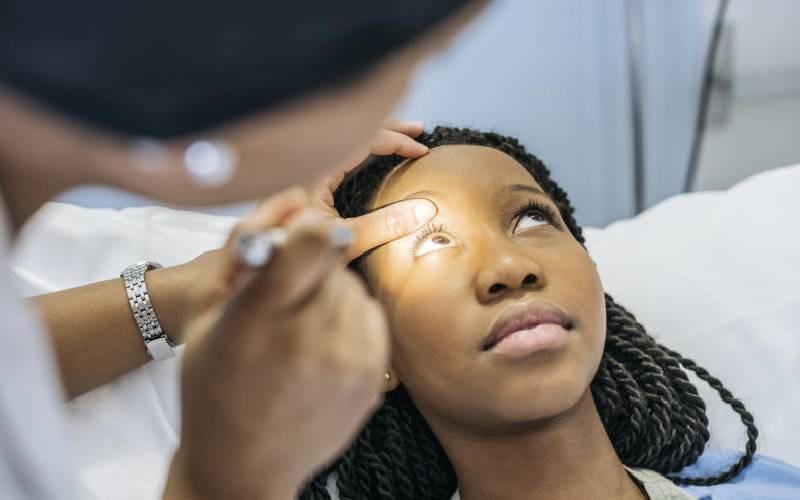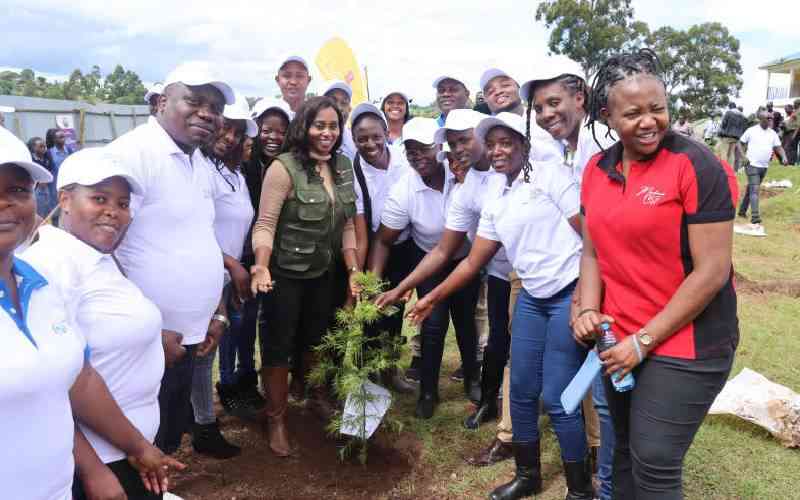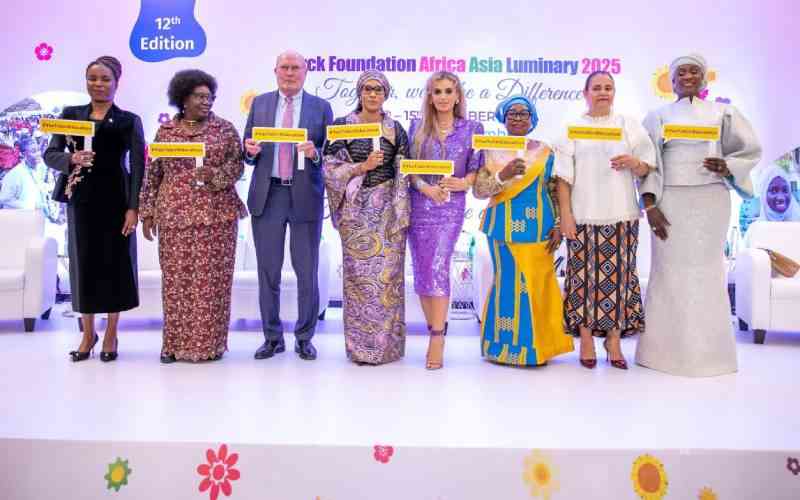
Africa’s healthcare systems face major challenges, from staff shortages to limited access and inequality.
In a bid to tackle the issues, the Merck Foundation is partnering with African First Ladies to strengthen medical capacity, promote education, and empower women across the continent.
During this year’s 12th Merck Foundation Africa–Asia Luminary held in Banjul, Gambia, the Foundation announced that it had awarded over 2,400 scholarships to doctors and healthcare providers from 52 countries.
The scholarships aim to fill specialist gaps in areas such as cancer, diabetes, fertility care, and emergency medicine, fields that many African countries previously lacked expertise in.
Senator Dr Rasha Kelej, CEO of the Merck Foundation, said the initiative is transforming patient care in underserved regions.
“Together with African First Ladies, we are building a future where healthcare, education and dignity are accessible to all. Every scholarship, every empowered woman, and every educated girl brings us closer to equitable healthcare and a more inclusive society,” said Dr Kelej.
The event was co-chaired by The Gambia’s First Lady, Fatoumata Bah-Barrow, and attended by seven African First Ladies, health ministers, and professionals from more than 50 countries.
It also showcased the “Educating Linda” program, which supports bright but underprivileged girls to complete their education.
Dr Kelej noted that empowering girls through education helps break barriers and drives social progress.
Professor Frank Stangenberg-Haverkamp, Chair of the Merck Foundation Board of Trustees, noted that Africa bears 24per cent of the world’s disease burden but has only 2.9 healthcare workers per 1,000 people.
He said the Foundation’s scholarship programs, launched in 2012, are helping close this gap by training specialists in 44 underserved medical fields.
“We believe that good healthcare can transform the lives of individuals and families across developing countries. Its significance contributes to the economic and social development of any country because healthcare is a major driver of both,” said Stangenberg-Haverkamp.
Beyond training doctors, the Foundation is also engaging the media to promote women’s health and national development.
During a session themed “The Role of Media in Advancing Women’s Health and Nation Building,” Dr Kelej urged journalists to use their platforms to raise awareness on key issues like infertility stigma, early marriage, gender-based violence, and women’s health rights.
The Merck Foundation Media Recognition Awards were also highlighted.
These awards celebrate journalists producing stories that promote health, gender equality, and social change.
“The media has the power to shape mindsets. We want more stories that highlight women’s achievements, not just their struggles,” Dr Kelej said.
The Foundation also runs training programs to help journalists report accurately on science and health topics, empowering them to educate the public effectively.
 The Standard Group Plc is a multi-media organization with investments in media
platforms spanning newspaper print
operations, television, radio broadcasting, digital and online services. The
Standard Group is recognized as a
leading multi-media house in Kenya with a key influence in matters of national
and international interest.
The Standard Group Plc is a multi-media organization with investments in media
platforms spanning newspaper print
operations, television, radio broadcasting, digital and online services. The
Standard Group is recognized as a
leading multi-media house in Kenya with a key influence in matters of national
and international interest.

